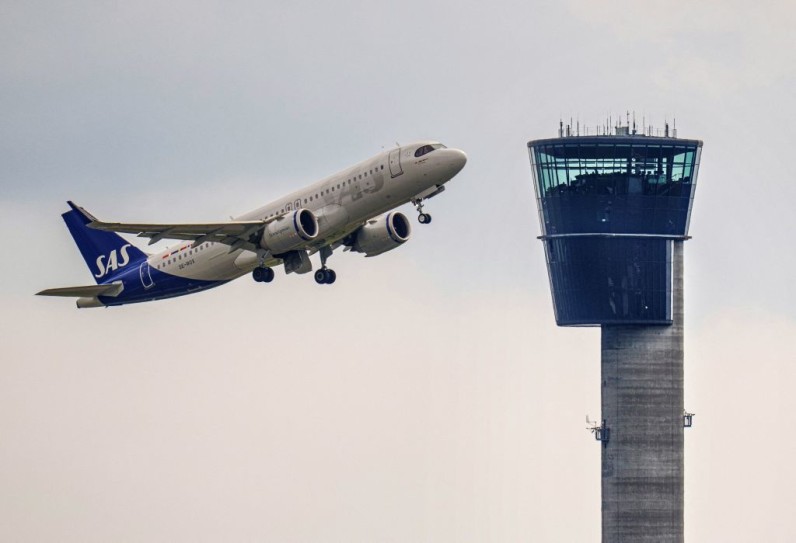The Federal Aviation Administration (FAA) on Friday announced new rules for air traffic controllers to rest at least 10 hours between shifts and 12 hours before a midnight shift. The changes will be implemented within 90 days.

FAA to Release New Rest Rules to Address the Dangers of Exhaustion for Air Traffic Controllers
The FAA said the new rules aim to reduce fatigue among air traffic controllers after several close calls last year that raised concerns about the safety of the US air travel system.
The New York Times reported that the announcement came following recommendations from a 114-page report the FAA commissioned in December, in which an expert panel assessed the risks associated with air traffic controller fatigue.
The panel was established after a series of near collisions on the runways. The panel found that air traffic controllers' fatigue from lack of rest impairs their alertness and threatens air traffic safety.
A near-miss incident on April 18 at Reagan National Airport underscored the need for this schedule adjustment. Controllers assigned two commercial planes on the same runway, leading to a near collision. The planes were a mere 400 feet apart.
"We are committed to a sustained effort to address controller fatigue and ensure our airspace is the safest in the world," FAA Administrator Mike Whitaker said in a statement on Friday.
Based on their sleep logs, some air traffic controllers slept less than 2.5 hours between their day and night shifts on the same calendar day. Whitaker said the new policy will be put into effect within three months.
While the agency strives to expand the number of controllers on payroll, he also mentioned that controllers' timetables would still include overtime tasks.
Labor Union Says FAA Changes May Increase Work Fatigue
CNN reported that the National Air Traffic Controllers Association (NATCA) deemed fatigue a significant issue but warned that the FAA's proposed changes could lead to further on-the-job exhaustion.
"NATCA is concerned that with an already understaffed controller workforce, immediate application of the Administrator's new rules may lead to coverage holes in air traffic facilities' schedules," the labor union said in a statement.
It added that "requiring controllers to work mandatory overtime to fill those holes would increase fatigue and make the new policy nothing more than window dressing."
The union has also voiced concerns that sudden changes to the scheduling agreements for this year could "disrupt the lives of controllers."







Join the Conversation